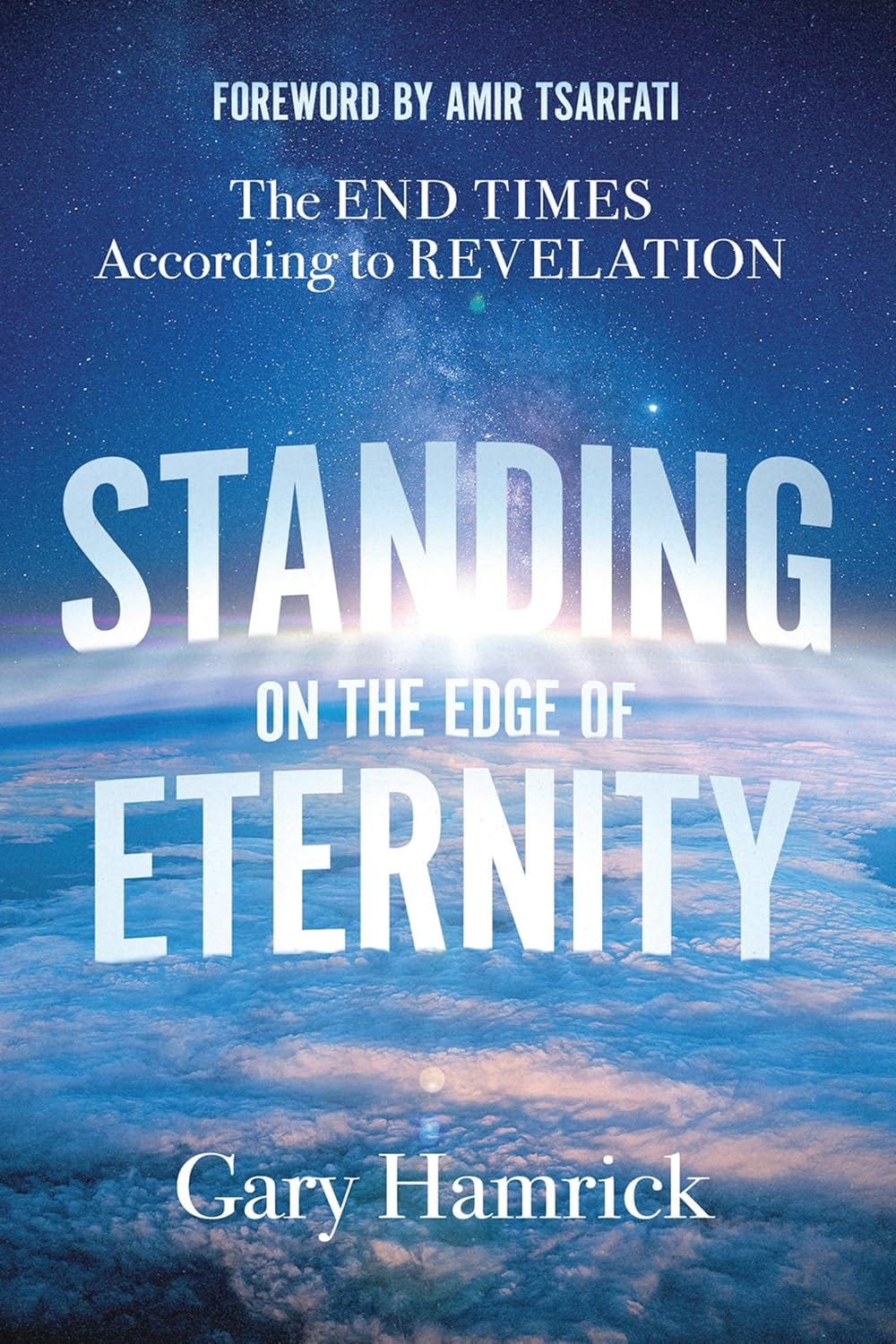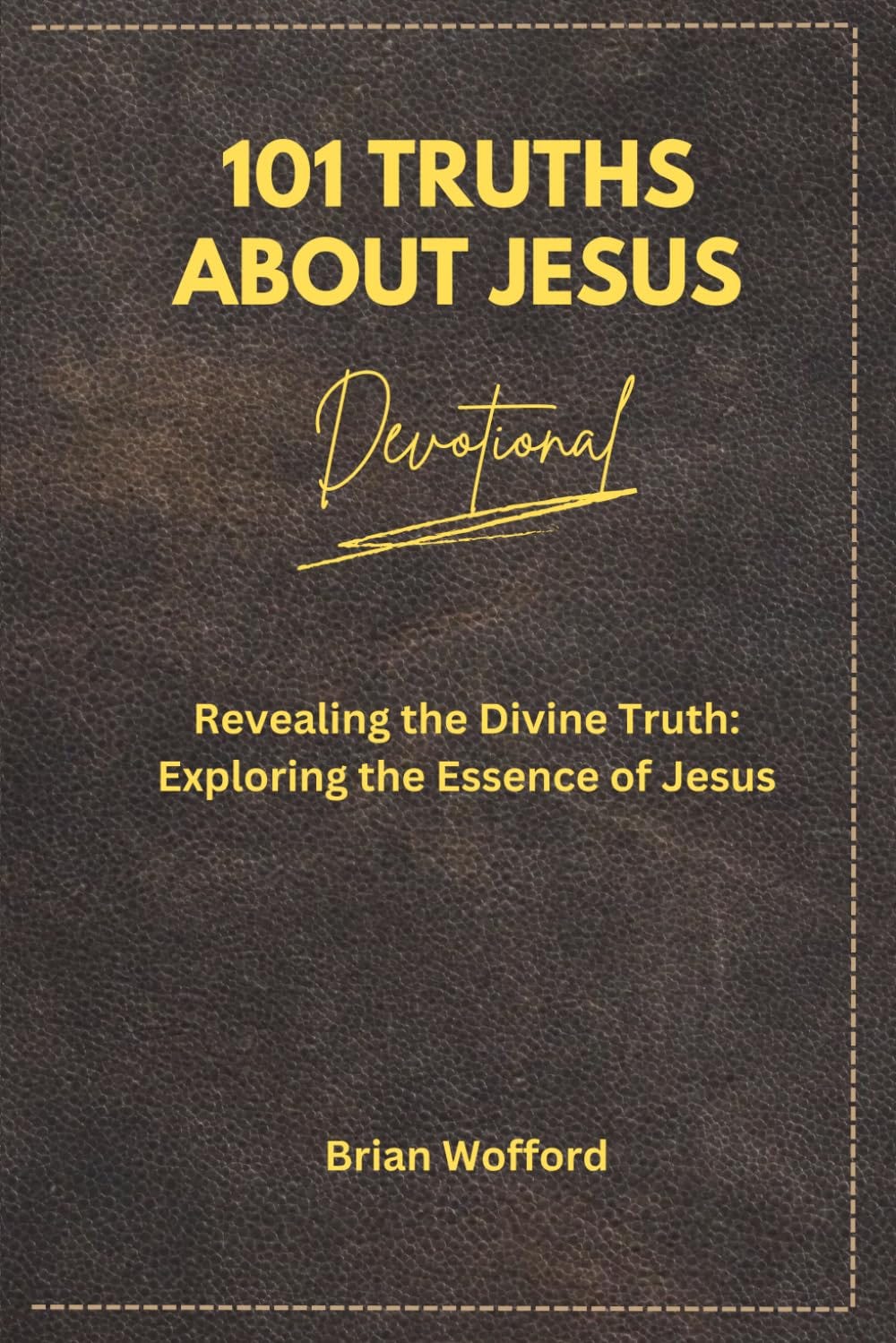Immigrants or Settlers? Setting the Record Straight on Who Built America
The Debate That Never Ends
Walk into any political argument these days and you’re likely to hear the phrase:
“We’re a nation of immigrants!”
It’s said like a trump card, as if those five words end the conversation. But here’s the problem: it’s historically sloppy and politically loaded.
It’s not that immigrants haven’t played a role in America’s history—they absolutely have. But to claim America was “built” by immigrants from the start is like saying a house was “built” by the people who moved into it after it was already standing.
That’s not just inaccurate—it’s a distortion of history. And the truth matters, because if you get the origin story wrong, you’ll build the wrong future.
America wasn’t founded by “immigrants” in the modern sense of the word. It was founded by settlers—and there’s a world of difference.
Standing on the Edge of Eternity: The End Times According to Revelation
The Difference Between a Settler and an Immigrant
Let’s break it down without the political spin.
Immigrant:
Someone who moves from one established nation to another, integrating into an existing culture and legal system. Think Ellis Island, green cards, and customs checks.
Settler:
Someone who leaves their homeland to create a new society in a new territory, often in ungoverned or sparsely governed lands. They establish new laws, institutions, and culture from the ground up.
That’s the key distinction: immigrants join existing nations; settlers build new ones.
When the Pilgrims landed at Plymouth in 1620, they didn’t pass through border control or wait for permission from an existing “America.” There was no United States. There was no Congress. There was no Constitution. What they found was wilderness—forests, rivers, native tribes, and danger on every side.
Settlers don’t assimilate into an existing nation—they create the nation.
The Biblical Pattern of Settlement
The concept of settlement isn’t just historical—it’s biblical.
Abraham wasn’t an immigrant in the modern sense. God called him to leave his father’s household and go to a land He would show him (Genesis 12:1). He didn’t fill out paperwork to join Canaan’s cultural system. He went to establish a new people under God’s covenant.
Israel entering the Promised Land under Joshua? Not immigration. Settlement.
Paul planting churches across the Roman Empire? Not “moving for better opportunities.” Spiritual settlement—establishing new outposts of the Kingdom of God in hostile territory.
Settlers are pioneers. They take risks. They don’t just consume—they build.
101 Truths about Jesus - Devotional: Revealing the Divine Truth
Who Actually Built America?
The United States didn’t spring out of thin air in 1776. Before there was a Declaration of Independence, there were centuries of settlement.
1. The Colonial Era (1607–1776)
Jamestown in 1607. Plymouth in 1620. Dozens of colonies carved out of wilderness by people who came not to join a pre-existing country, but to form one.
These settlers:
Built towns, farms, and trade routes from scratch.
Drafted compacts and constitutions (like the Mayflower Compact).
Defended their communities from hostile forces—both European and native.
2. Founding the Nation
When the colonies declared independence, they weren’t immigrants petitioning for rights in a foreign land—they were settlers claiming sovereignty over the nation they had built.
3. Expansion Westward
The pioneers who moved west after independence weren’t “immigrants” to America—they were citizens expanding their own country’s borders through settlement.
Why the “Nation of Immigrants” Slogan Took Over
If all this is true, why is the “nation of immigrants” line so dominant in our political discourse?
Because it serves a modern political agenda.
The phrase was popularized in the 20th century—especially after the 1960s immigration reforms—by leaders who wanted to frame America as perpetually open to high immigration rates, regardless of assimilation or impact on culture.
It reframes history in a way that erases the unique role of settlers and blurs the distinction between:
Founding a nation.
Joining a nation already built.
It’s not anti-immigrant to point this out—it’s pro-truth.
The Role of Immigration in America’s Story
Here’s where we have to be honest: Immigrants did play a massive role in building America after its foundation.
Irish and Chinese laborers built railroads.
Italians and Eastern Europeans worked in factories.
Germans brought farming techniques that reshaped the Midwest.
Immigrants helped expand, strengthen, and diversify America’s economy and culture—but they came into a nation already built on a constitutional framework laid by settlers.
They came into a country with:
A legal system.
A language (English).
A flag.
A government.
A Christian moral foundation (however imperfectly applied).
They didn’t create these things—they inherited them.
Why This Matters Biblically and Culturally
From a biblical worldview, nations have identities, boundaries, and responsibilities.
“From one man he made all the nations, that they should inhabit the whole earth; and he marked out their appointed times in history and the boundaries of their lands.” — Acts 17:26
God ordains nations, not globalism without borders. He gives them laws and calls them to righteousness.
If you erase the difference between settlers and immigrants, you erase the reality that America was founded with a specific identity—a people committed (at least in principle) to liberty under God.
Once you blur that, you can more easily replace it.
The Danger of Historical Amnesia
When we forget that settlers—not immigrants—built the foundational structures of this nation, we risk losing the very things that made it unique:
Self-Government Under God – The idea that rights come from God, not government, was baked in by settlers with a biblical worldview.
The English Common Law Tradition – Settlers brought a legal heritage that shaped our Constitution.
A Covenant Mentality – The early compacts and charters were modeled on biblical covenants, binding the community under shared moral commitments.
These weren’t random accidents of history—they were intentional. And they can be lost if we treat America as a blank slate for any and every ideology.
So, Was America Built by Immigrants or Settlers?
The answer is clear:
America was founded by settlers.
It was expanded and enriched by immigrants.
Both played roles, but the order matters. Without settlers, there would have been no America for immigrants to come to.
The settlers didn’t just show up—they created the political, cultural, and moral framework that made America a land worth immigrating to in the first place.
What the Church Should Learn from This
The Church can take a lesson here: there’s a difference between planting and joining.
Planting (settlement) takes vision, courage, sacrifice, and the willingness to build from nothing.
Joining (immigration) is easier—you’re stepping into a structure someone else built.
Spiritually speaking, the modern Church is heavy on joiners and light on planters. We want thriving ministries to walk into, not wilderness to tame.
But God is still calling for settlers—people who will go into spiritually barren places and build communities of faith from the ground up.
Answering the Critics
Critic: “This argument is anti-immigrant.”
Response: Not at all. Recognizing that settlers built the foundation doesn’t diminish the value of immigrants—it clarifies roles. Without truth about origins, we can’t have an honest conversation about the future.
Critic: “But the settlers took land from natives—so how can you praise them?”
Response: History is messy. Yes, there were injustices—and they must be acknowledged. But that doesn’t erase the reality that settlers established the framework of the United States as a sovereign nation.
Critic: “We’ve always been open to immigrants!”
Response: True in a limited, regulated sense. Immigration has always been subject to laws, quotas, and assimilation expectations—until very recently.
The Biblical Call for Justice and Truth
God’s people are called to defend truth in every arena, including history.
“You shall not bear false witness.” — Exodus 20:16
Twisting history to serve modern politics is a form of false witness. It’s bearing a false testimony about the past.
And truth matters because it shapes identity. Lose the truth about who built the country, and you lose the moral foundation that sustains it.
The Christian View of Immigration Today
Christians must balance two truths:
The call to show compassion to the foreigner. (Leviticus 19:34, Matthew 25:35)
The call to honor lawful order and the integrity of nations. (Romans 13:1-7, Acts 17:26)
You can love immigrants while also defending a nation’s right to control its borders and preserve its founding identity.
The problem is when compassion gets redefined as lawlessness, and justice gets redefined as erasing the difference between settlers and immigrants.
Final Word: Remember the Builders
We honor the settlers by remembering the truth:
They were not perfect.
They did not always live up to their ideals.
But they laid the groundwork for a nation unlike any in history—one rooted in liberty, covenant, and the belief that rights come from God.
Immigrants came later and helped that nation grow stronger and more vibrant—but they did not create it.
Erase that truth, and you erase the foundation. And without a foundation, the house falls.
A Prayer for Truth and Wisdom
Father God,
We thank You for the gift of nations, for boundaries, laws, and the order You established from the beginning.
We thank You for the courage of those who came before us—settlers who risked everything to build something new under Your hand.
Help us honor truth in our history and compassion in our present.
Give us wisdom to balance justice and mercy.
Let us be builders, not just joiners—settlers in the Kingdom, willing to plant and not just inherit.
Keep us from false witness, from distorting the past to serve the present.
And teach us to steward what has been handed down with faithfulness and courage.
In Jesus’ name,
Amen.




